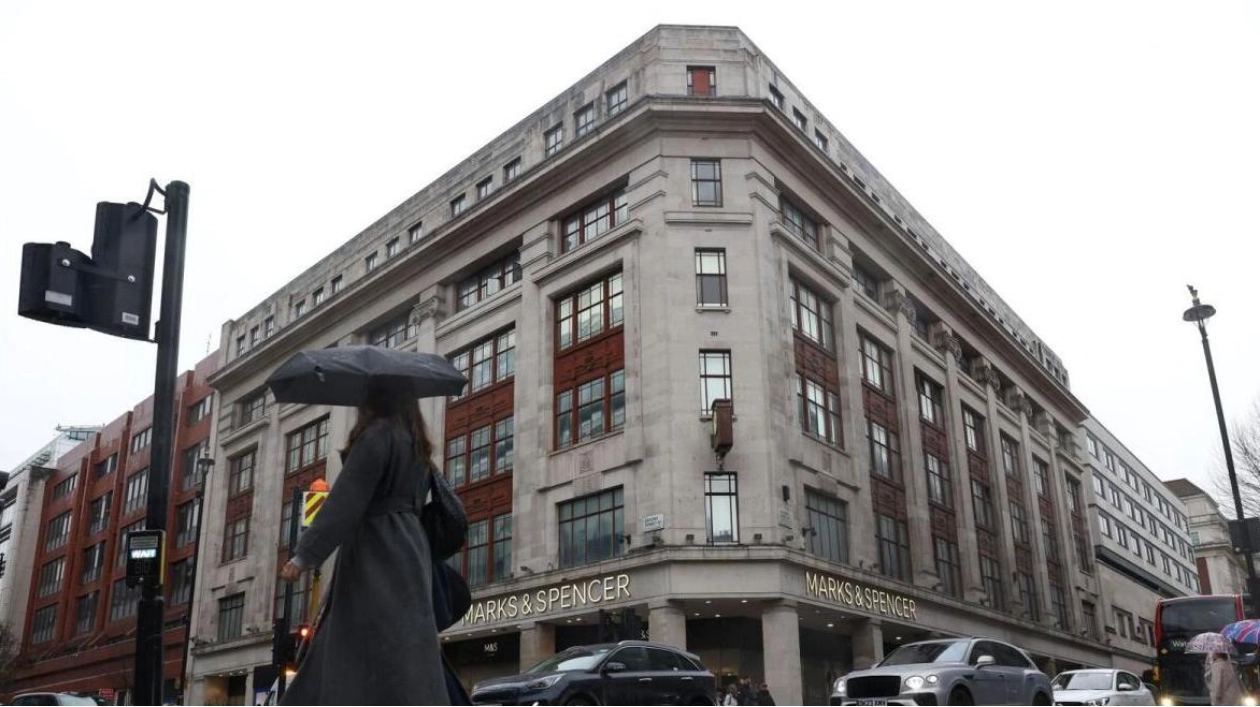London's iconic Oxford Street, renowned for housing some of the British capital's most celebrated stores, ranging from Selfridges to Marks & Spencer, could undergo a transformation to become a pedestrian-only zone, as proposed by city mayor Sadiq Khan on Tuesday. If this initiative gains approval, Oxford Street would align with other prominent shopping destinations like Times Square in New York and La Rambla in Barcelona, which have transitioned to being entirely traffic-free. A prior attempt to restrict vehicular access on the 1.9 km thoroughfare was thwarted by the local Westminster City Council, but the renewed scheme has garnered support from Britain's deputy Prime Minister, Angela Rayner.
Rayner expressed optimism, stating, "This plan to revitalise Oxford Street will foster growth by generating new employment opportunities, stimulating economic activity, and providing a much-needed uplift to London’s night-time economy." According to the mayor's office, Oxford Street draws approximately half a million visitors daily, yet several flagship stores, including House of Fraser and Topshop, have closed in recent years. Similar to many physical retail spaces, the area has faced challenges in regaining foot traffic post-Covid-19, as online shopping surged and fewer people returned to office settings.
The New West End Company, which represents retailers on Oxford Street, maintains that the area remains pivotal for retail and hospitality in London. Some retailers have voiced support for the initiative, with John Lewis, whose flagship store has been a staple on Oxford Street since 1864, referring to the nearly three-century-old thoroughfare as the "nation's high street." However, the London mayor's office has yet to outline how buses currently utilizing the east-west route will be rerouted. Stuart Love, CEO of the local Westminster City Council, emphasized the need for further details on how concerns of local residents and shoppers regarding rerouted transportation and access will be addressed.
The success of the plan ultimately depends on final approval from Rayner, who also serves as Britain's housing and communities minister. The Labour Party, led by Prime Minister Keir Starmer, has expressed a desire to expedite the approval process for new projects to accelerate Britain's economic growth.






